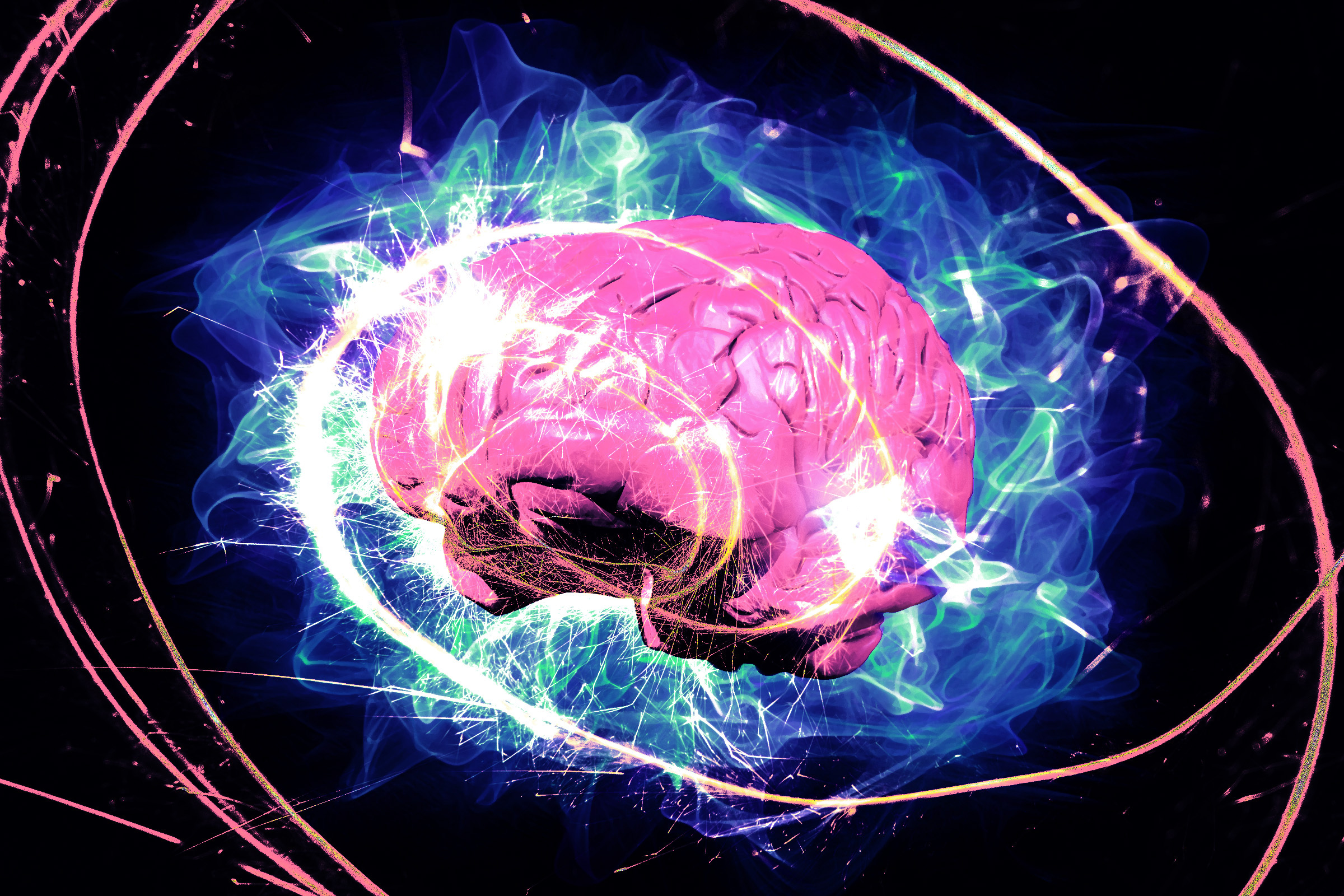
"If you don't know anything about neuroscience, that's okay - one researcher's striking theory might send us all back to the start anyway. Peter Coppola is a visiting neuroscience researcher at the University of Cambridge, where he recently finished a review of over 100 years of brain science. The goal, he wrote afterward inThe Conversation, was to chart a hierarchy of the brain, to see which regions were more important for consciousness."
"To undertake the exhaustive study, Coppola turned over every rock in the field of neuroscience, from extreme surgical studies of cats and monkeys to the effect of electrical pulses and magnetic stimulation on the brain. The results of his survey, he says, is a body of evidence that challenges the most widely understood theories of consciousness to date. Consciousness is typically defined as immediate awareness of our feelings, emotions, and experiences."
Peter Coppola conducted a comprehensive review of over a century of brain science to identify which brain regions most influence consciousness. The review surveyed diverse evidence, including extreme surgical studies in animals and effects of electrical pulses and magnetic stimulation on the brain. Consciousness is defined as immediate awareness of feelings, emotions, and experiences and remains a subjective phenomenon. Science relies on objective, observable evidence, making consciousness difficult to study. Theories commonly agree that parts of the neocortex are necessary for consciousness. Coppola partitions the brain into cortex, subcortex, and cerebellum to examine how alterations in each region affect conscious experience.
Read at Futurism
Unable to calculate read time
Collection
[
|
...
]